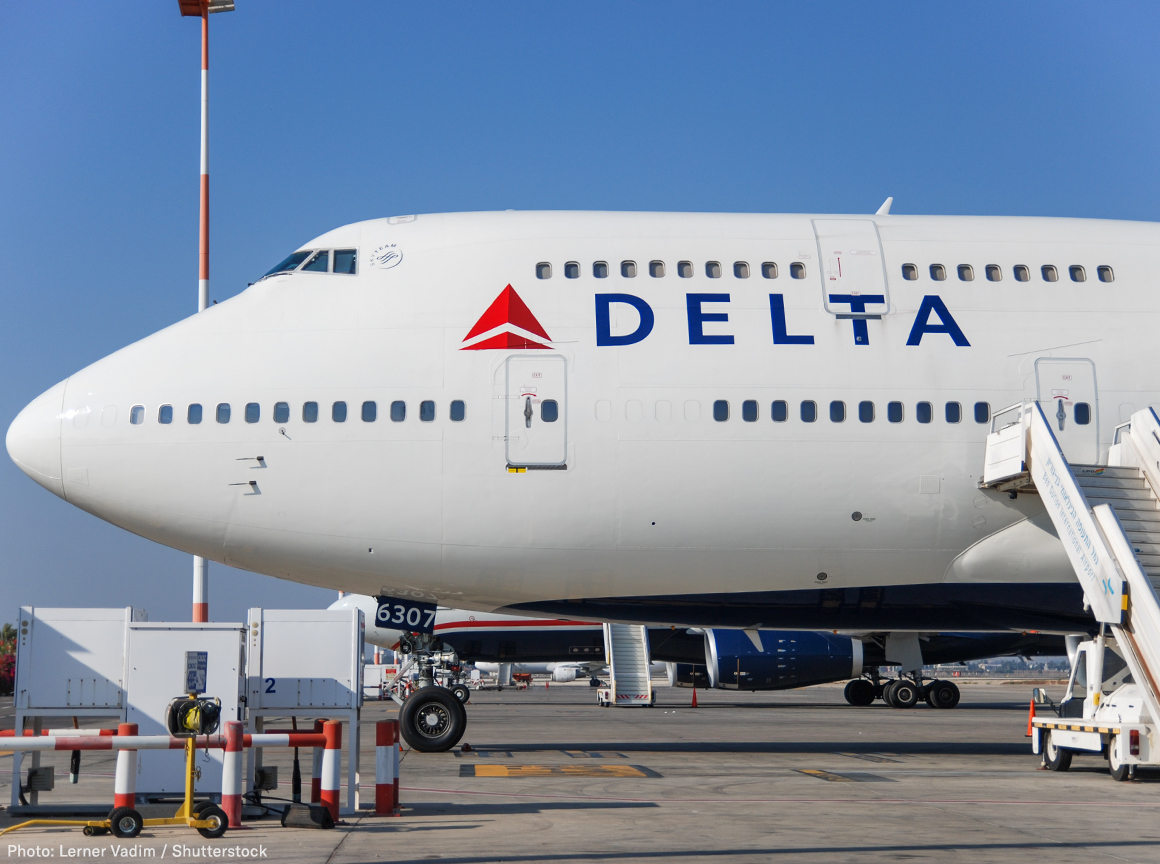Court Rules Delta Airlines Passengers’ Lawsuit Challenging Suspicionless Search and Seizure Can Proceed
NEW YORK — A federal court has ruled that a lawsuit challenging federal agents’ search and seizure of passengers on a domestic Delta Airlines flight can proceed. The American Civil Liberties Union and Covington & Burling LLP filed the lawsuit in October 2017 on behalf of nine passengers who were held by U.S. Customs and Border Protection agents and required to turn over identity documents before they could deplane their flight from San Francisco to New York’s John F. Kennedy Airport.
The lawsuit argues the government violated the passengers’ Fourth Amendment rights and the Administrative Procedure Act, and it asks the court to block the government from conducting such seizures and searches of domestic passengers.
“We don’t live in a show-me-your-papers society,” said Hugh Handeyside, senior staff attorney with the ACLU’s National Security Project. “Our clients look forward to getting their day in court and holding the administration accountable when it ignores the Constitution and federal law.”
As the flight was arriving at JFK on the evening of February 22, 2017, the Delta Airlines flight crew announced at the CBP agents’ request that all passengers would have to show identification to deplane. Agents blocked the plane doorway, forcing passengers to queue inside and delaying their exit as officers stopped them one by one, took their identification documents, scrutinized them, and only then permitted them to pass. The officers never asked for passengers’ consent.
The events were widely reported and documented by the passengers on social media. In response to press inquiries, CBP characterized the agents’ actions as “routine” and consistent with agency policy.
The government moved to dismiss the passengers’ case, arguing that the passengers lack standing because there is not a sufficient likelihood that such suspicionless searches and seizures will recur. The court denied the government’s motion, explaining that the “Defendants themselves describ[ed] the challenged search as part of a ‘routine’ and ‘not unusual’ practice.” The court added that “Defendants cannot, now, have their cake and eat it too: They responded to various media inquiries by saying that they were following a policy, and the court will take them at their word.”
Stay Informed
Every month, you'll receive regular roundups of the most important civil rights and civil liberties developments. Remember: a well-informed citizenry is the best defense against tyranny.
